
Interviews are critical gateways to employment opportunities, educational pursuits, and various endeavors. However, navigating interviews successfully demands more than mere qualifications; it requires adept communication, confidence, and preparation. One pivotal aspect of interview preparation is practicing responses to anticipated questions. This blog explores the importance of practicing interview answers and their profound impact on securing desired outcomes.
Effective communication lies at the heart of successful interviews. Practicing answers equips individuals to articulate thoughts coherently, concisely, and confidently. Through repetition, candidates refine their language, tone, and delivery, effectively conveying their qualifications, experiences, and aspirations. Such preparation mitigates the risk of stumbling over words or succumbing to nervousness, fostering transparent and compelling communication during interviews.
Effective communication is a cornerstone of success in interviews, as it allows candidates to convincingly convey their qualifications, experiences, and suitability for a position. Interview practice is pivotal in enhancing communication skills, enabling candidates to articulate their thoughts clearly, concisely, and confidently. This blog delves into the importance of interview practice in refining communication abilities and its profound impact on interview performance.
Interview practice facilitates the development of clarity and conciseness in communication. Through interview preparation, by rehearsing responses to anticipated questions, candidates refine their ability to express complex ideas succinctly, avoiding ambiguity and verbosity. Through iterative practice, individuals learn to streamline their language, focus on critical points, and eliminate unnecessary details, ensuring their messages are clear and easily understandable to interviewers. This clarity enhances communication effectiveness, enabling candidates to convey their qualifications with precision and impact.
Confidence is vital in interview settings, influencing how candidates present themselves and engage with interviewers. Interview practice is a platform for building confidence by providing opportunities to rehearse responses in a simulated environment. As candidates become more familiar with potential questions and practice articulating their thoughts, they gain confidence in communicating effectively. This newfound confidence empowers candidates to project assurance, enthusiasm, and professionalism during interviews, leaving a positive impression on interviewers.
In addition to verbal communication, nonverbal cues such as body language, facial expressions, and eye contact play a significant role in conveying confidence and credibility. Interview practice allows candidates to pay attention to their nonverbal communication and make necessary adjustments. Through video recordings or peer feedback, candidates can identify areas for improvement, such as maintaining good posture, smiling appropriately, and maintaining eye contact. By integrating input and practicing nonverbal cues, candidates enhance communication effectiveness and establish rapport with interviewers. Proper interview preparation allows you to shine in the nonverbal communication area of the job interview.
Interviews often involve interacting with individuals from diverse backgrounds and perspectives. Interview practice enables candidates to adjust their communication style to suit the preferences and expectations of different interviewers. By rehearsing responses with peers or mentors, candidates can receive feedback on their tone, language, and demeanor, allowing them to make necessary adjustments. This adaptability demonstrates interpersonal skills and cultural awareness, enhancing candidates’ ability to successfully connect with interviewers and navigate diverse interview scenarios.
Effective communication in interviews is about articulating one’s own thoughts and actively listening to and responding to the questions and feedback provided by interviewers. Interview practice encourages candidates to hone their active listening skills by carefully processing questions, seeking clarification when needed, and giving thoughtful responses. By practicing active listening during mock interviews or role-playing exercises, candidates develop empathy, attentiveness, and the ability to engage in meaningful dialogue with interviewers. Interview preparation techniques used for active listening training can help you to take your interview to the next level.
Interviewers often gauge candidates’ preparedness and commitment through their responses. Practicing answers demonstrates diligence, dedication, and a proactive approach toward the opportunity. It signifies that candidates have invested time and effort into understanding the role, organization, and industry, aligning their responses with the interviewer’s expectations. This interview preparation fosters a positive impression and instills confidence in the candidate’s ability to fulfill the position’s responsibilities.
In the competitive landscape of job interviews, preparation is paramount. Demonstrating preparedness during interview practice showcases a candidate’s dedication and significantly enhances their chances of success.
Demonstrating preparedness underscores a candidate’s dedication and commitment to the opportunity. Employers value candidates who invest time and effort into understanding the role, company, and industry, which signifies a genuine interest in the position. Through thorough research, rehearsal of responses, and anticipation of potential questions, candidates convey their seriousness and enthusiasm for the opportunity. This demonstration of commitment fosters a positive impression and instills confidence in the candidate’s ability to excel in the role. Through interview preparation, a candidate can demonstrate dedication and commitment.
Employers expect candidates to clearly understand the role’s requirements, company culture, and industry dynamics. Demonstrating preparedness allows candidates to align their responses with employer expectations, showcasing their relevance and suitability for the position. By analyzing job descriptions, researching the company’s mission and values, and familiarizing themselves with industry trends, candidates can tailor their answers to address specific needs and priorities. This alignment enhances the perceived fit between the candidate and the organization, increasing the likelihood of a successful outcome.
Interviews can evoke nervousness and uncertainty, potentially impacting a candidate’s performance. However, practicing responses and anticipating questions can help reduce these apprehensions. Prepared candidates are better equipped to handle unexpected inquiries, navigate challenging situations, and maintain composure under pressure. Through mock interviews, role-playing exercises, and self-reflection, candidates can build confidence in their abilities and approach interviews with calm and interview preparation. This proactive approach enhances interview performance and fosters a positive mindset conducive to success.
Interview preparation is closely linked to competency and confidence. Candidates who demonstrate preparedness exude confidence in their abilities, knowledge, and experiences. By thoroughly reviewing their qualifications, achievements, and relevant examples, candidates can articulate their value proposition convincingly and with conviction. This demonstration of confidence resonates with interviewers, instilling trust in the candidate’s capabilities and potential contributions. Moreover, prepared candidates are better equipped to handle curveball questions, showcase their problem-solving skills, and engage in meaningful discussions, further reinforcing their image as competent and confident professionals.
Effective interview preparation involves research, practice, and self-assessment. Candidates should begin by researching the company’s culture, values, and recent developments. They should also analyze the job description, identify critical requirements, and align their experiences and skills. Practicing responses to common interview questions, conducting mock interviews with peers or mentors, and soliciting feedback are valuable strategies for refining communication skills and building confidence. Additionally, candidates should anticipate potential challenges, prepare thoughtful questions for the interviewer, and thoroughly review their resume and portfolio to ensure accuracy and relevance.
Confidence is a crucial determinant of interview success. Through interview preparation, practicing answers instills confidence by familiarizing candidates with potential questions, enabling them to respond with poise and assurance. As individuals rehearse their responses, they become accustomed to articulating their strengths, addressing weaknesses, and navigating challenging inquiries. This familiarity breeds confidence, empowering candidates to authenticate with interviewers and present themselves as capable and composed professionals.
Each interview presents unique nuances and demands tailored responses. Practicing answers allows candidates to customize their replies to align with the specific requirements of the position and the organization. By analyzing job descriptions, researching the company, and anticipating potential questions, candidates can tailor their responses to highlight relevant skills, experiences, and achievements. This tailored approach demonstrates a thoughtful understanding of the role and showcases candidates’ suitability. Interview preparation can help a candidate to perfect a tailored response to interview questions.
Interviews often entail narrating experiences, accomplishments, and challenges to illustrate competency and suitability. Practicing answers enables candidates to craft compelling narratives that resonate with interviewers. By structuring responses coherently, incorporating relevant details, and emphasizing outcomes, candidates can captivate interviewers’ attention and leave a lasting impression. Compelling storytelling showcases candidates’ abilities and fosters a memorable and impactful exchange during interviews.
Demonstrating preparedness is not just about showing up; it’s about showcasing a candidate’s dedication, alignment with employer expectations, and confidence in their abilities. Through diligent research, rehearsal, and self-reflection, candidates can position themselves as proactive, engaged, and well-prepared professionals capable of thriving in the role. By investing time and effort into interview practice, candidates can maximize their chances of success and leave a lasting impression on interviewers. Demonstrating readiness is a powerful testament to a candidate’s interview preparation to excel in the position and contribute meaningfully to the organization’s success.
Enhanced communication skills are essential for success in interviews, enabling candidates to effectively convey their qualifications, confidence, and suitability for a position. Interview practice is valuable for refining communication abilities and fostering clarity, confidence, adaptability, and active listening. By investing time and effort in interview practice, candidates can enhance their overall interview performance and maximize their chances of securing desired opportunities. Ultimately, mastering enhanced communication skills through interview practice is not just about acing interviews; it’s about developing lifelong skills that contribute to professional success and personal growth.
Practicing interview answers is a interview preparation exercise and a strategic investment in securing favorable outcomes. Among the myriad benefits of diligent preparation are enhanced communication skills, demonstration of preparedness, confidence building, tailored responses, and compelling storytelling. In a competitive landscape where first impressions matter, mastering the art of responding to interview questions equips individuals with the tools to articulate their value proposition convincingly, thereby maximizing their chances of success in securing coveted opportunities. As such, practicing interview answers remains indispensable to interview preparation, empowering candidates to navigate interviews with confidence, competence, and conviction.
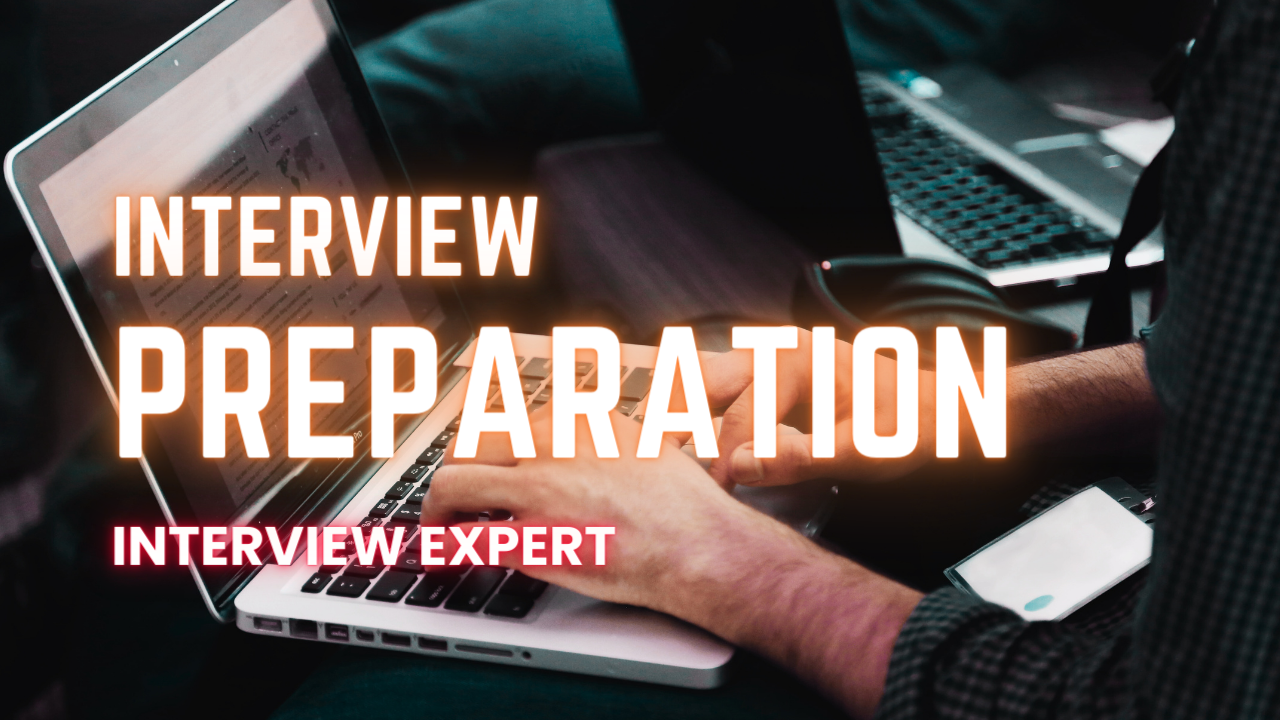
6 days ago, admin
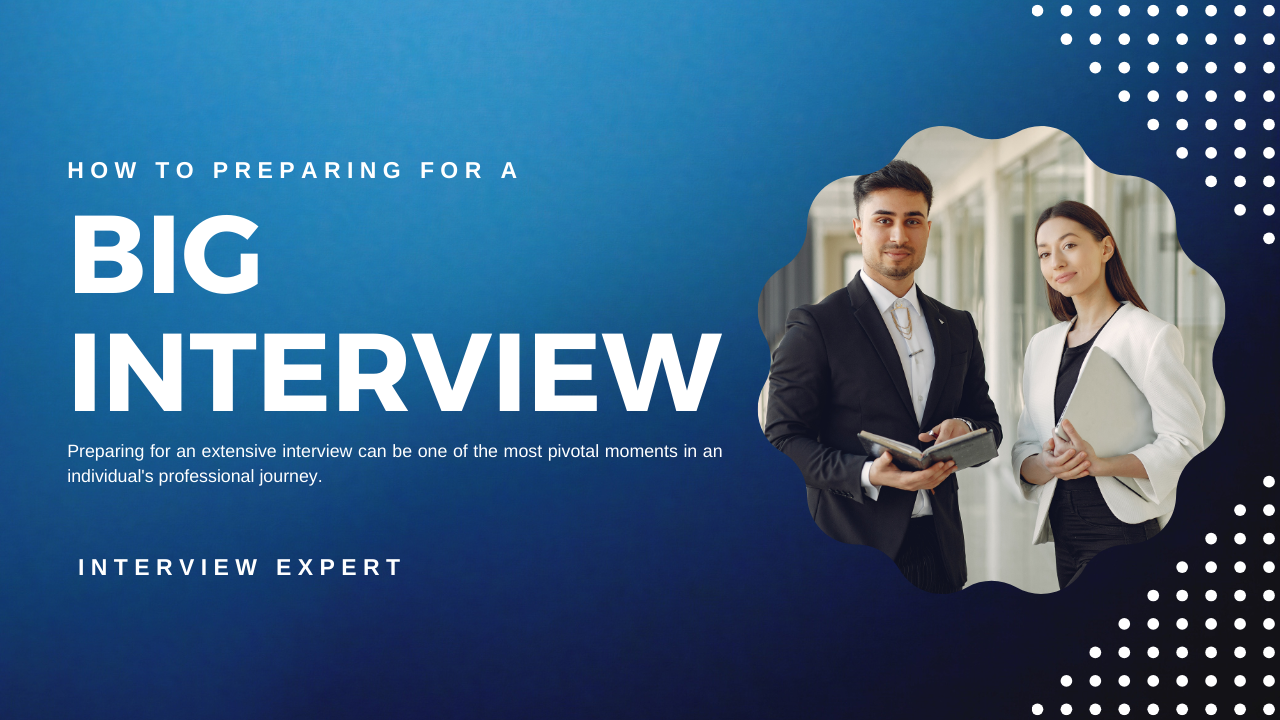
4 weeks ago, admin

3 months ago, admin
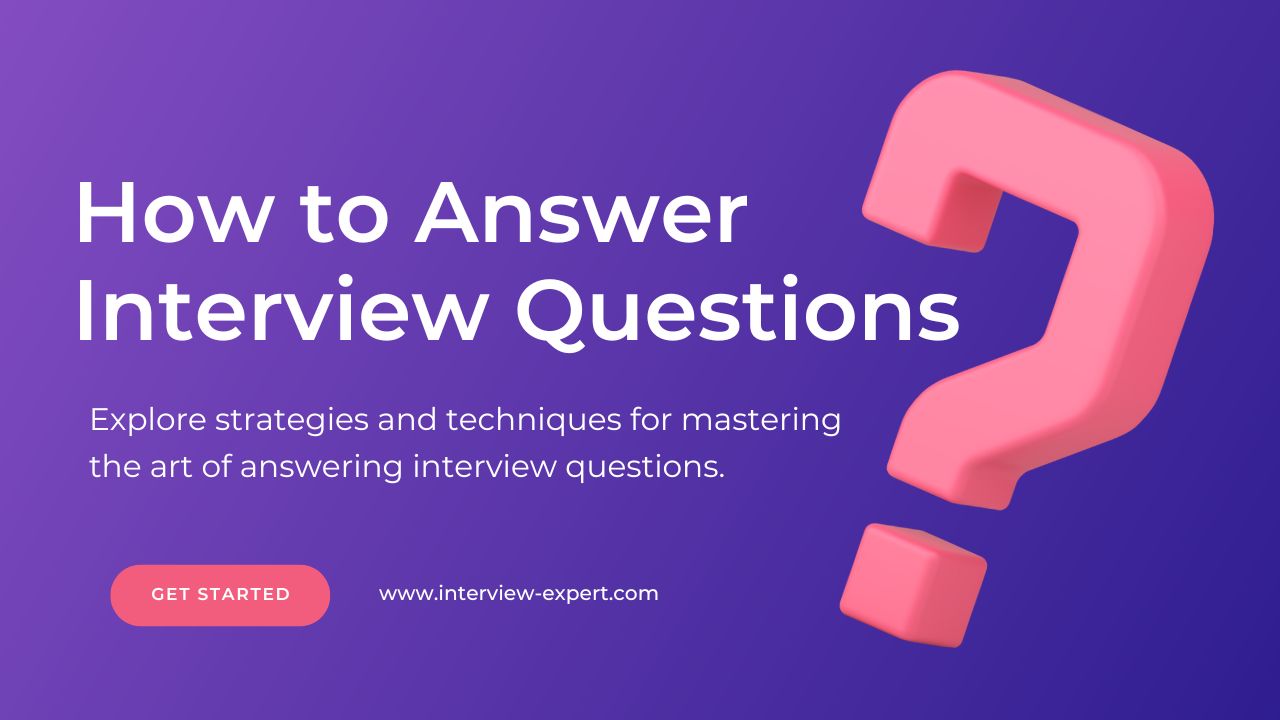
10 hours ago, admin

6 days ago, admin
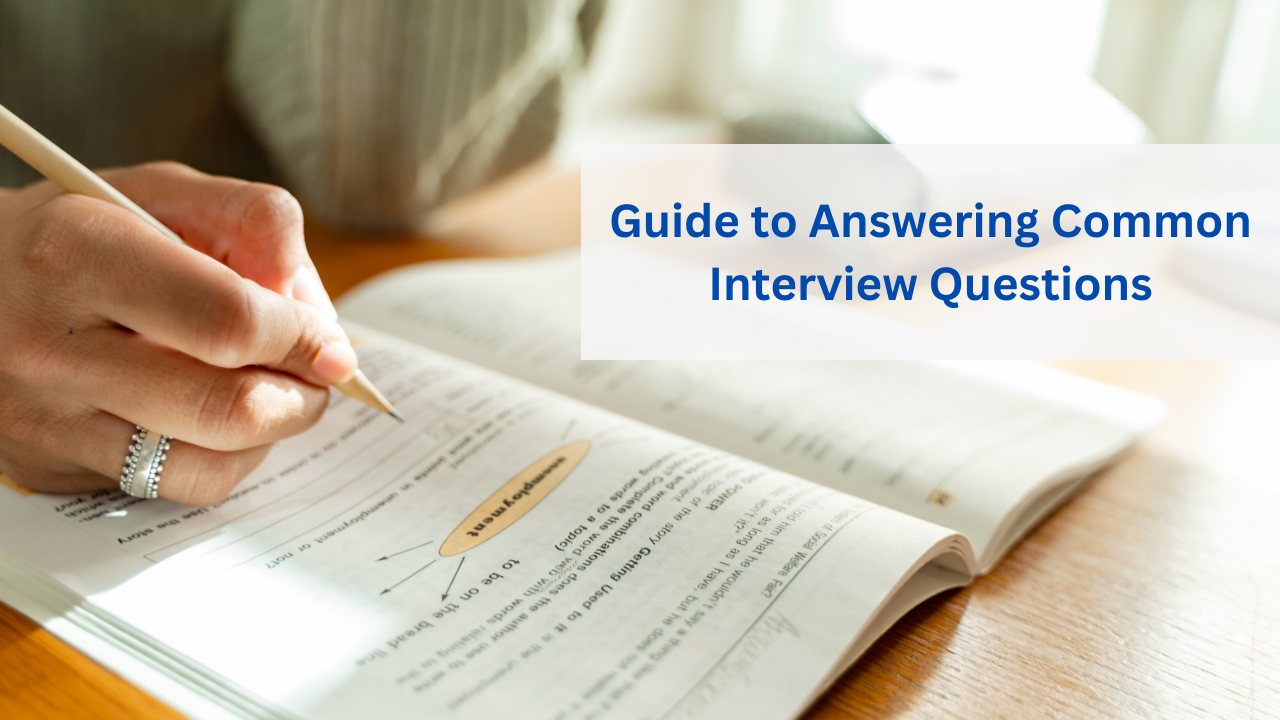
1 week ago, admin
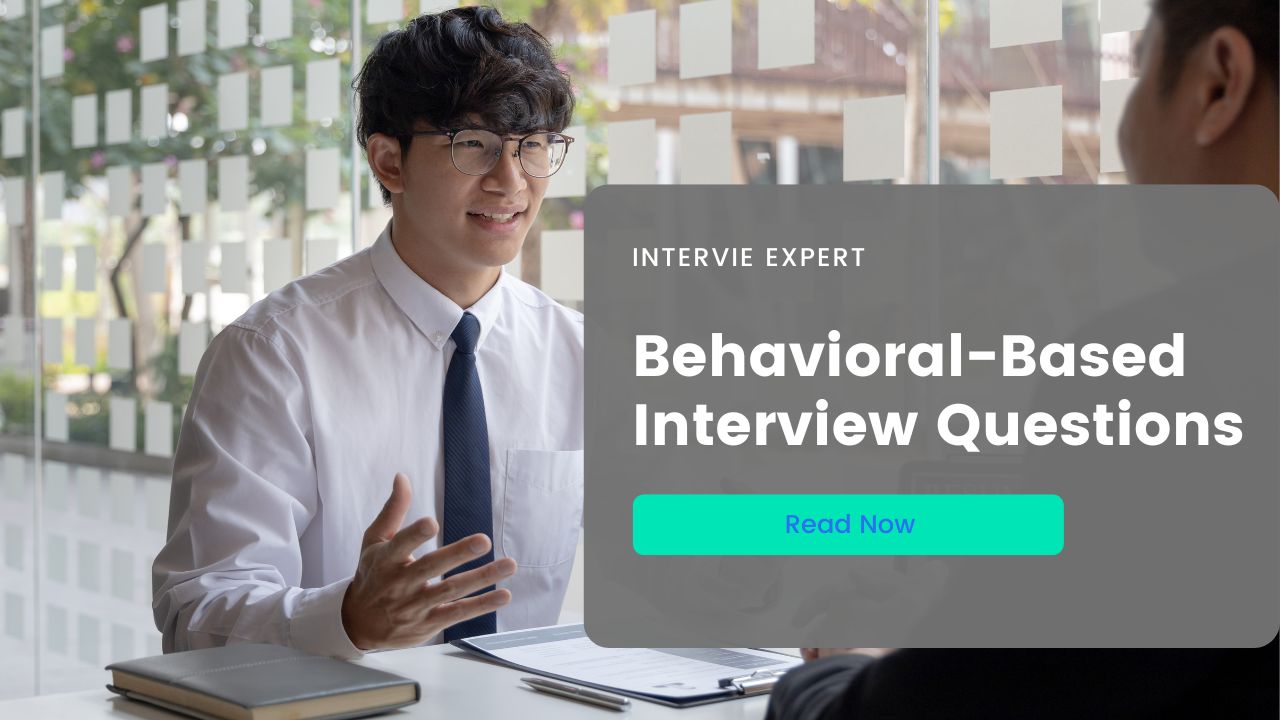
2 weeks ago, admin

2 weeks ago, admin